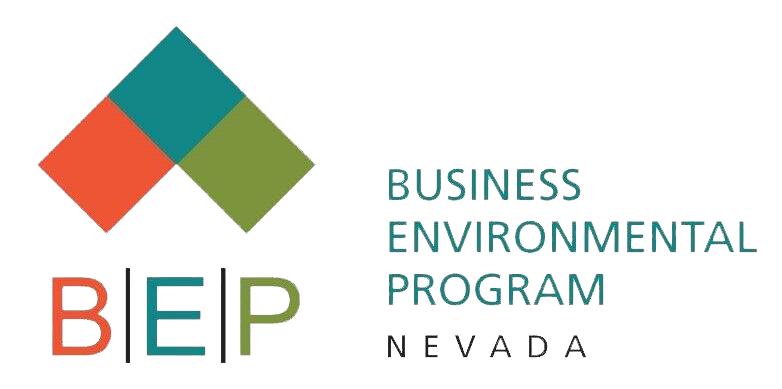EPA Seeks Input on Inflation Reduction Act Programs to Reduce Greenhouse Gas Emissions Associated with Construction Materials and Products
The US Environmental Protection Agency (EPA) is seeking public input on new programs focused on lower carbon construction materials made possible by a $350 million investment from President Biden’s Inflation Reduction Act. The Agency will hold three public webinars and will accept written feedback on establishing new grant and technical assistance programs, and a carbon labeling program for construction materials with substantially lower levels of embodied greenhouse gas emissions. March 2, 2023, 2:00 – 3:30 p.m. EST: Reducing Embodied Greenhouse …
